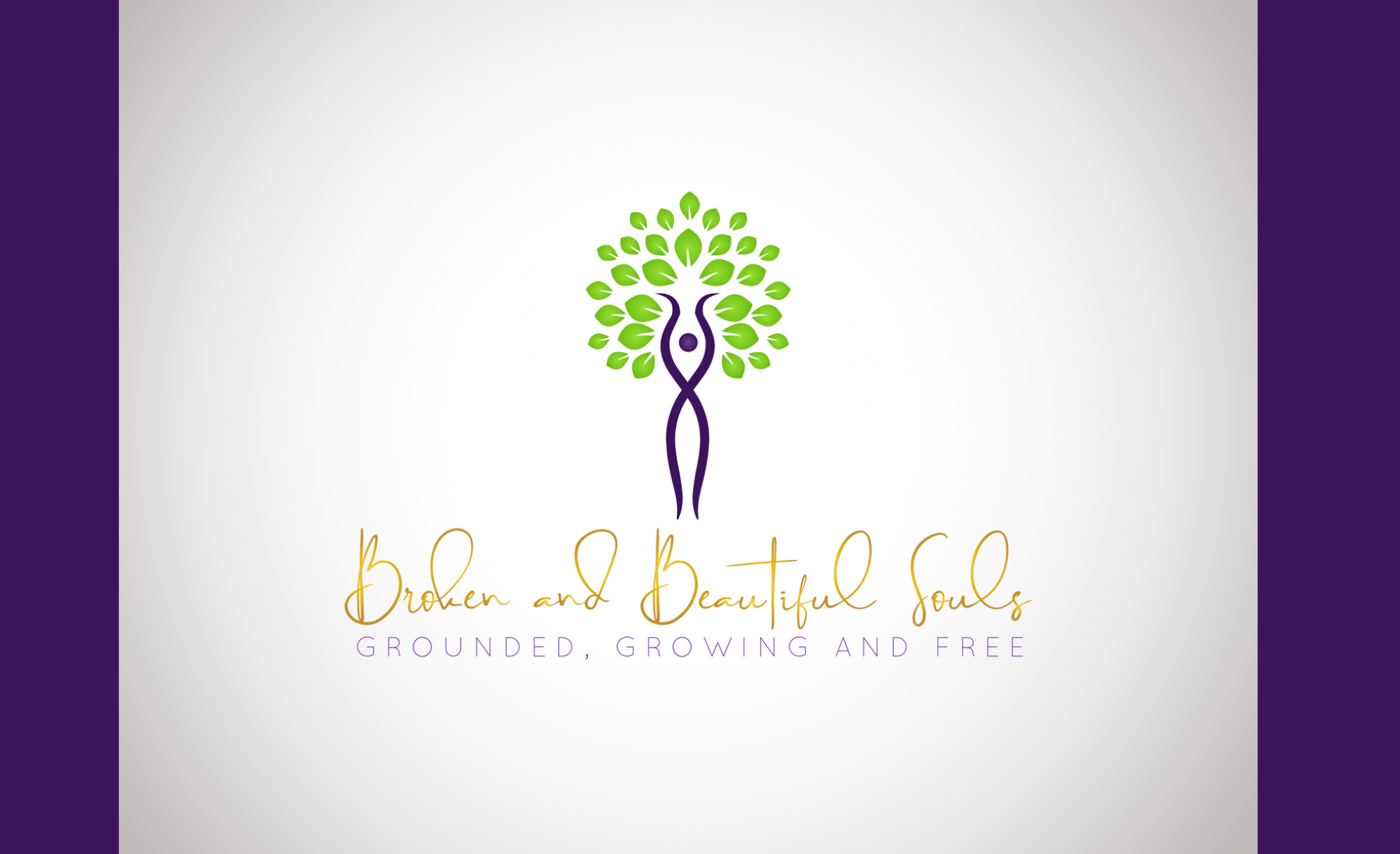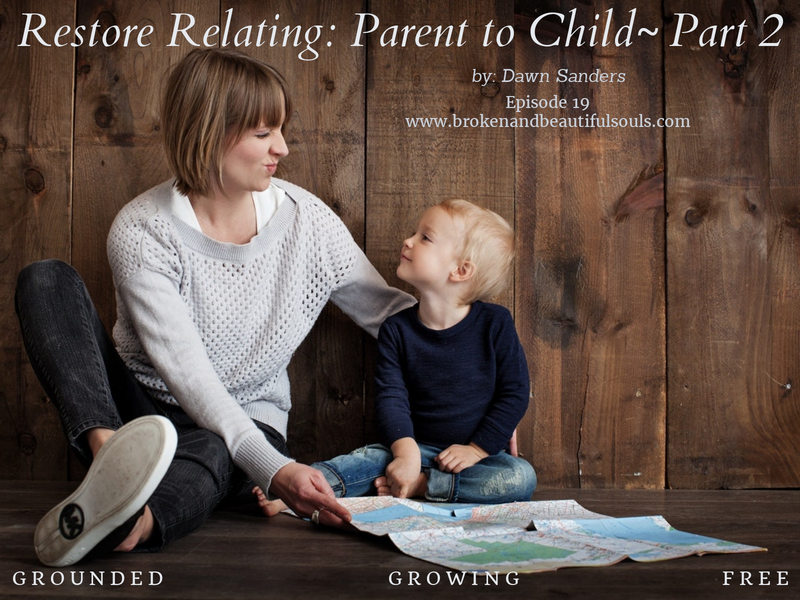How your parents related to you as a child significantly impacts how you relate to your children. What does a healthy parent/child bond look like? Listen today to discover the powerful role affection can have with repair, as well as, learn other tips and tricks along the way.
~~~~~~~~~~~~~~~
“The parent-child connection is the most powerful mental health intervention known to mankind.” ~ Bessel van der Kolk
Show Notes
Last week, in Part 1 of Restore Relating as a Parent to Child, we covered 2 of the 3 categories to consider with the Parent-Child Bond:
- Acceptance– when the parent delights in and respects the child for who she is
- Attunement– when the parent is aware, engaged and connected to her child
Today, we will discuss the third category of the Parent-Child Bond:
3 Connection– when the parent is physically, emotionally and mentally relationship
(physically & emotionally), not for what she can or can not do
- Affectionate Touch:
- Touch triggers a hormonal response in your body that sets up a significant atmosphere for bonding, love and security to occur.
- Touch can help to decrease levels of stress and assist with emotional regulation
- Modeling Appropriate Behavior for giving and receiving touch- this teaches your child that she has ownership over her own body
- Repair:
- It is the parent’s responsibility to lead in repair of the relationship with their child and that a child knows he is the child and will be cared for by the parent.
- Repair teaches your child that connections do break down in relationships and that healing the breech is not only important, but also very doable. This creates a sense of security with your child toward you.
- Shame- repairing relationship with your child is so crucial that if you feel too much shame to repair the brokenness in relationship with your child, then please don’t delay seeking professional help.
- Model healthy repair when your child is young.
- Steps to Repair:
- Disconnect/break in relationship occurs between parent and child (parent yells at child, for example).
- Parent, do the work to figure out what you would have liked to have done differently with your child.
- Parent, go to your child to own your sin, accident, mistake by telling her how you would have liked to have behaved.
- Parent, inquire of your child’s perspective on what happened to cause the break in relationship. Listen, really listen. Acknowledge your child’s valid perspective/what she is feeling.
- Hacks & Tips:
- Apologize for your mistakes, acknowledging your hurtful behavior, taking great strides to create change for this behavior for future interactions. Give your child opportunity to do the same
- Be aware that for your child, a break in relationship with you could feel like a matter of life and death to her
- Consider learning yours and your child’s love languages. Use this information as a tool when offering repair. For more on this topic, read, The Five Love Languages, by Gary Chapman, or go to www.5lovelanguages.com.
- Pinky shake, hand massage, and many more!
In Conclusion~
You don’t need to be a perfect parent. There is room in your child’s world for you to get things wrong. While striving to be the best parent possible to your child, you will mess up, thus the great need to repair and reconnect in relationship with your child. Also, children need exposure to being delighted in and respected by their parents. Whether or not you were delighted in and respected by your parents, you can now move forward bravely, calling your family to more by speaking to each other’s dignity. As a child of the King, each one is highly delighted in and respected, as they reflect the image of our Heavenly Father.
Prov 22:6; James 5:16; Heb 12:14; Col 3:13; Eph 4:2; Prov 15:1; James 3:16; Rom 13:10-14

